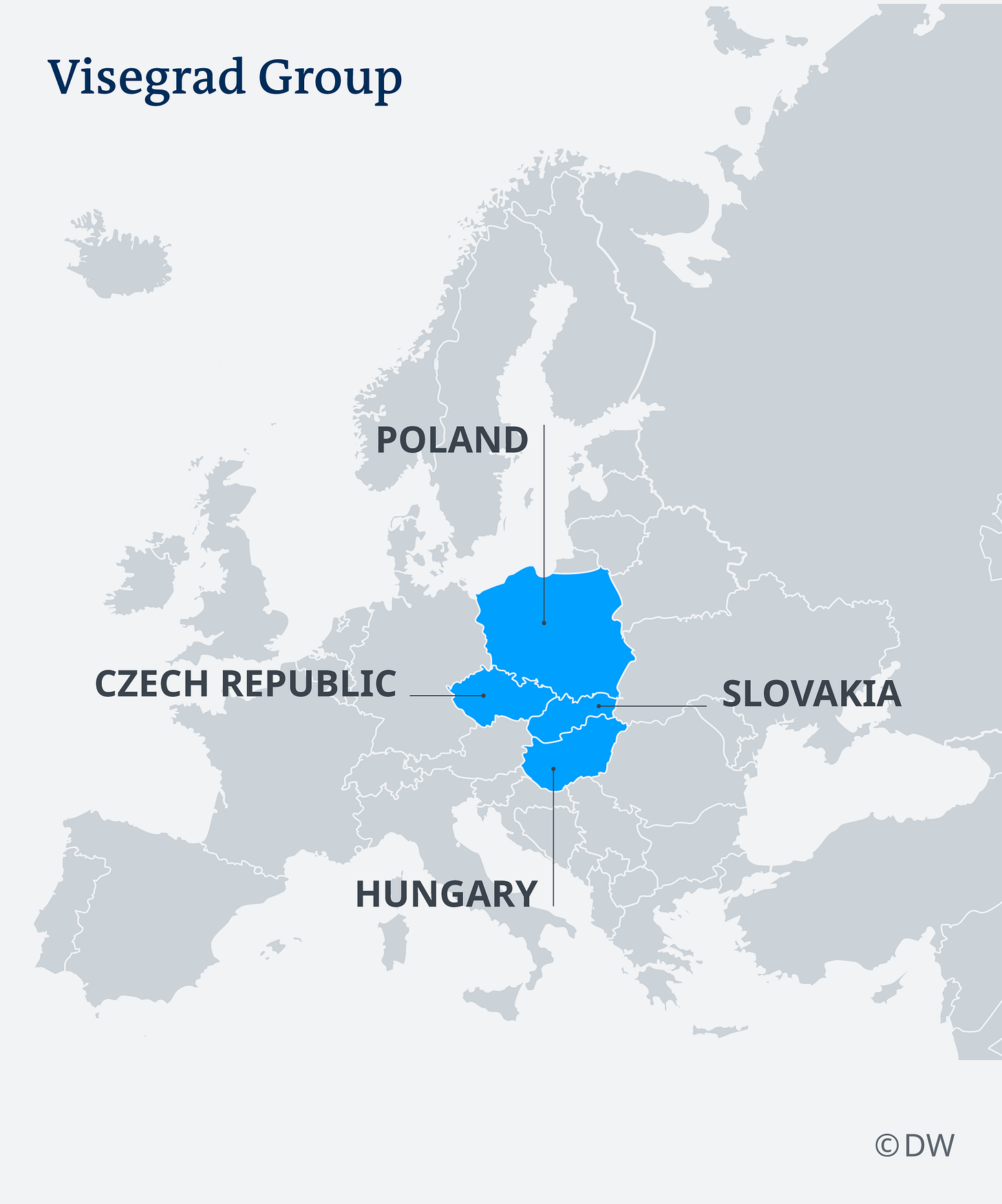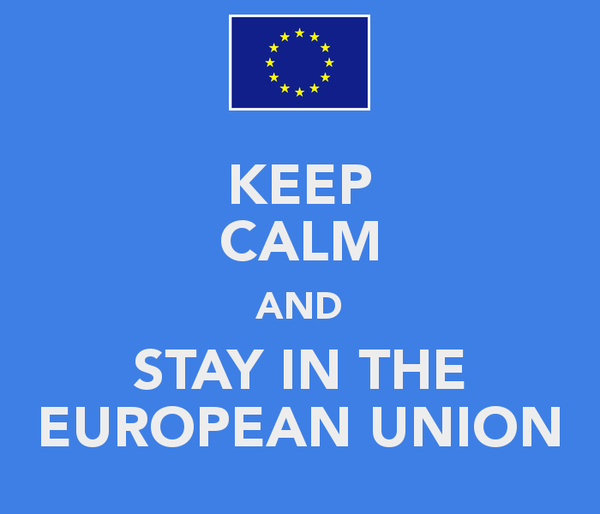Remember the 2009 gas crisis? No, slipped your mind? Probably you don’t live in South-Eastern Europe then. Just to jog your memory, the crisis was provoked when Russian Gazprom decided to cut off supplies to and through Ukraine after multiple negotiations had failed over overdue payments by Ukraine’s Naftogaz. The financial and economic effects were severe. Gazprom lost a ton of money; countries served by the Ukrainian pipes, such as Bulgaria, Slovakia and the Czech Republic, experienced serious interruptions of their supply; and they started to reconsider their (sometimes almost exclusive) dependence on Gazprom’s supply.

Map by Samuel Bailey for Wikipedia.
In other words, it put energy security squarely at the centre of the agenda. In turn, this issue has had a considerable impact on how countries in Eastern Europe have approached renewables.
Hello everyone, and welcome back to another issue of SLE. I’m taking another little break from anthropological cross-overs to serve you insights from international relations hot off the press.
Got here through a friend because she was so nice enough to forward you this email? Why not sign up for more?
The term “energy security” pretty much explains itself, but if you’d like it spelled out, here’s two definitions! (cited by Novikau, 2020: 2)
the absence of, protection from or adaptability to threats that are caused by or have an impact on the energy supply chain (C. Winzer);
uninterrupted availability (IEA)
Now, nuclear power is seen – rightly and wrongly – as a source of autonomy and reliability. But preference for nuclear is not merely a function of an evaluation of the nature of electrons; it comes out of an evaluation of the geopolitical field as well. In particular, countries like those of the Visegrad (V4) group – Poland, Slovakia, Czech Republic and, drum roll, Hungary - were developing their energy policies at the same time as the EU was building up its own energy program – one in which renewables were becoming increasingly important. The appraisal of nuclear and renewables was therefore intricately caught up with an evaluation of the EU (not in the least part vis-à-vis Russia).

The Visegrad Four, as explained by dw.com.
Enemies of the state
Before diving into this multilateral game, let me take a little detour into some domestic policy, as a way to show just how important ‘energy security’ became. In Poland, as Szulecki (2020) shows, energy security became a rationale for ‘securitization’, that is, not just making electrons move more reliably, but – far-reaching – political reorganization of the energy sector in order to make that happen. Thus, the Polish government (under Donald Tusk) attempted and largely succeeded in wrenching control away from civil society and markets and into the hands of the state.
The way it did this, was... exceptional. In 2012, it gave the go-ahead for an (unpopular) nuclear plant. A PR agency tasked with selling the idea came up with the brilliant suggestion to divide up the public into “friends” and “enemies”, the latter designating pesky environmental organizations (p 5). To “protect” the power plant from these enemies, it was subsequently defined as “critical infrastructure”, which allowed the intelligence services to step in and monitor the object. So yeah, governments really cared about energy security. (While this move itself was successful because it didn’t mess with the interests of any powerful players, their attempt to gain more direct control over utilities did meet with more resistance, because their shareholders had serious doubts whether “security-based” energy politics would work in the financial favour of the utilities.)

The plot thickens: in May 2018, the PGE designated by Tusk to build the nuclear power plant decided to invest in wind instead, saying it couldn’t afford both. It’s not the only place where renewables eat into the economic viability of new nuclear. Photo: Wind farm near Łeba, by Reuters.
Energy security and EU geopolitical clout
Back to energy security and the European Union. Kratochvíl and Mišík (2020) looked at how politicians and journalists in the Czech Republic and Slovakia have understood or “framed” the 2009 crisis in public debate (I’ll focus on the Czech Republic here). There’s always more than one way to understand something and so frames matter, because they lay the symbolic foundation for (future) policy. The researchers found that on the whole, the EU was considered an important, but fragmented, weak and therefore ultimately unreliable actor (not to say, a “naïve dream”!). The challenge of Russian energy foreign policy would remain. (pp 4-5).
The Czech Republic thus needed to head off the possibility of falling victim to Russia by taking matters into their own hands and build internal capacity. And nuclear would get them there much faster than renewables would. Which leads us to:
The Quote of the Week
“Europe without the atom will become a prey for the beasts.”
(Christian Democratic MEP Jan Brezina.)
‘Well,’ you say as a Europhile, ‘that does not sound very good. But surely, with time and more cooperation within the EU, they’ll become more integrated into the European Project. Surely these opinions will then shift too?’

Europhilia.
EU energy directives
As it so happens, you are not alone in hypothesizing that. It’s based on the idea that policy is not primarily formed by ideas (as in Kratochvíl and Mišík’s article), but through the participation in decision-making processes and institutions. In particular, people have assumed these countries would adopt the values of influential Western European countries, like those in the Green Growth Group. Braun (2019) put this hypothesis to the test. Turns out, it’s complicated.
For example, in the process of EU accession, Visegrad countries had to meet the demands of the EU’s environment and energy acquis (Chapters 22 and 15, respectively). (p 1110) In response, they have consistently called for what we’d now call ‘energy justice’: “We agree, sustainability is important, but poorer nations (we) need to have some way to reduce the cost of this transition!” Economic solidarity and burden-sharing is an old (though sometimes forgotten) EU tradition, so +1 for integration (p 1106); however, the argument was used to turn away from that ever greater European union, because renewable energy targets were feared to “violate the member states’ autonomy” (p 1114), and thus, to threaten their energy security.
Braun thus shows that the talk in the Czech Republic about the ‘fragmented’ EU can in part be explained in part through their experiences with (pretty successful and prophetically self-fulfilling) negotiations through the V4 group.
The GND, energy security and economic competitiveness
Calls to balance sustainable energy with national interests may seem disingenuous, if they come from parties that do not share a commitment to sustainability as a key policy agenda. Nonetheless, the point is legitimate. The eco-modernist claim that green and growth can go together remains to a certain extent an article of faith. Proponents of a Green New Deal are similarly optimistic about green and growth, but they also demand a much more fundamental shift in economic and industrial policy. In so doing, they just might address the fears and needs of eastern EU countries. The proposal for a European Green New Deal thus underscores the need to revive the European economy (in ways that does not extract value from communities and the environment). Climate change is the ground on which we can reinvent prosperity. That might just be the frame we need for concerted action across the EU.
Thanks for reading! If you liked it, give it an (anonymous) heart ! If you didn’t, let me know in a mail!
Sources
Braun, Mats. 2019. "The Czech Republic’s approach to the EU 2030 climate and energy framework". Environmental Politics. 28 (6): 1105-1123. https://doi.org/10.1080/09644016.2019.1625139
Kratochvíl, Petr, and Matúš Mišík. 2020. "Bad external actors and good nuclear energy: Media discourse on energy supplies in the Czech Republic and Slovakia". Energy Policy. 136: 111058. https://doi.org/10.1016/j.enpol.2019.111058
Novikau, Aliaksandr. 2019. "Conceptualizing and achieving energy security: The case of Belarus". Energy Strategy Reviews. 26: 100408. https://doi.org/10.1016/j.esr.2019.100408 (Open Access)
Belarus may serve as a comparison case to these others countries from the old ‘Soviet Block’ that became part of the EU. The country had the same concerns with economic progress and with energy sovereignty (after 2009), but without the EU pushing for renewables (see p 5).
Szulecki, Kacper. 2020. "Securitization and state encroachment on the energy sector: Politics of exception in Poland's energy governance". Energy Policy. 136: 111066. https://doi.org/10.1016/j.enpol.2019.111066 (Open Access)
Further reading:
Tchalakov, Ivan, and Ivaylo Hristov. 2019. "The Bulgarian nuclear sector in transition: Adopted Russian technology, state sovereignty and accession to the EU". Environmental Innovation and Societal Transitions. 32: 107-121. https://doi.org/10.1016/j.eist.2019.03.008
Like with the Visegrad countries, EU relations with Bulgaria show mixed results in terms of ‘integration’. Following EU pressure, Bulgaria closed down certain nuclear plants a few years earlier than previously planned. It seems the move led to the growth of a private sector of renewable energy generation, but the loss of nuclear expertise and standing in the region also set some bad blood. So depending on how successfully that sector continues to grow, the resentment about giving up on nuclear in a certain sense may grow too, shaping future negotiations with the EU and direction vis-à-vis renewables.


